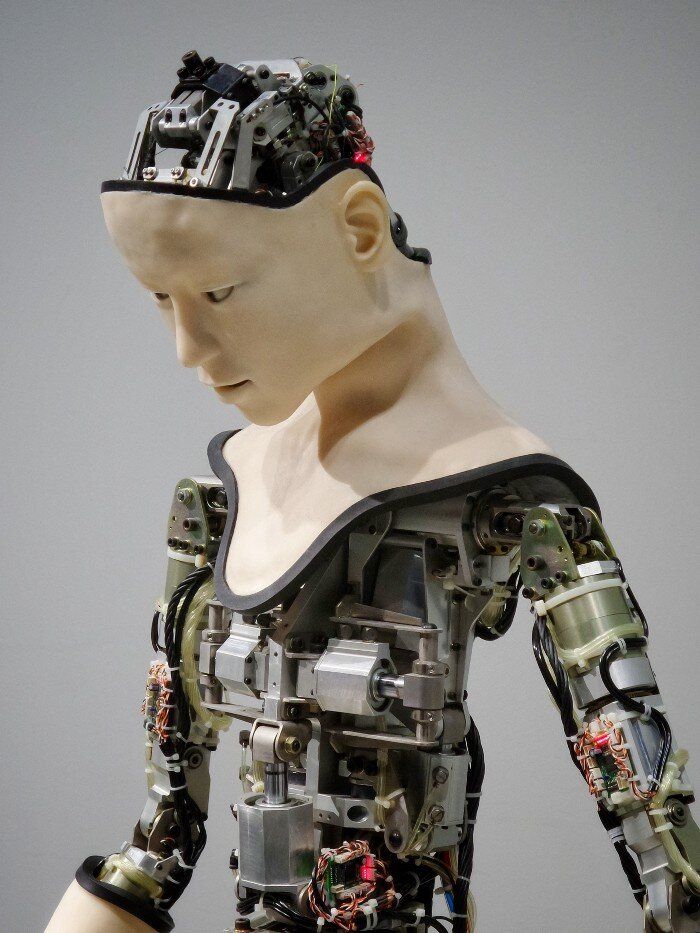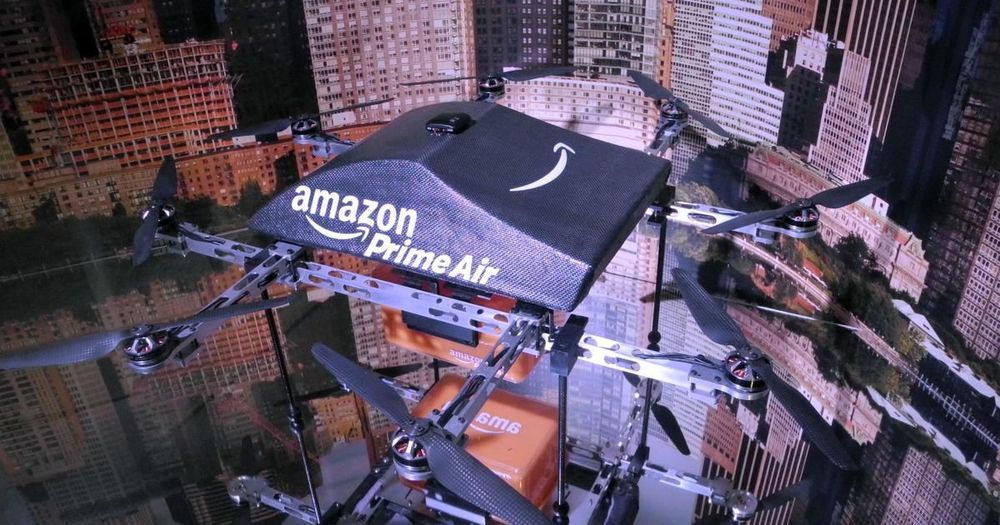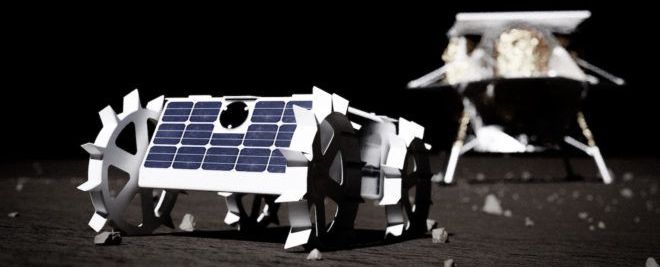Authorities in Spain have invested in robots to automate the testing of citizens for the Covid-19 coronavirus.



AI has found religion.
Or at least one engineer and quantum researcher has brought a bit of religion to his AI project.
George Davila Durendal fed the entire text of the King James Bible into his algorithms designed to churn out dialogue in the style of the Old Testament.
Durendal claimed his project, AI Jesus, learned and absorbed “every word more thoroughly than all the monks of all the monasteries that have ever been,” offering a little biblical style verse of his own.


An artificial intelligence (AI) technology made by a firm co-founded by billionaire Elon Musk has won praise for its ability to generate coherent stories, novels and even computer code but it remains blind to racism or sexism.
GPT-3, as Californian company OpenAI’s latest AI language model is known, is capable of completing a dialogue between two people, continuing a series of questions and answers or finishing a Shakespeare-style poem.
Start a sentence or text and it completes it for you, basing its response on the gigantic amount of information it has been fed.

Ira Pastor, ideaXme life sciences ambassador interviews Professor Dr. Hiroshi Ishiguro, the Director of the Intelligent Robotics Laboratory, of the Department of Systems Innovation, in the Graduate School of Engineering Science, at Osaka University, Japan.
Professor Ishiguro is also the Director of the Advanced Telecommunications Research Institute International (ATR), a private company supported by industry, government and academia, with the aim of promoting fundamental and innovative R&D activities, as well as contributing to society in a wide range of telecommunication fields, and is active in such fields as neuro- / knowledge science, intelligent robotics, machine language translation, and wireless communication.
He is also Chief Technology Advisor Vstone Co. Ltd., a commercialization / technology transfer organization set up to promote his inventions.
Professor Ishiguro’s lab works at the intersection of computer vision, robotics and artificial intelligence, concentrating on the idea of making a robot that is as similar as possible to a live human being, and believes it may be possible to build an android in the near future that is indistinguishable from a human, at least during a brief encounter.
Professor Ishiguro received his Ph.D. in Robotics and Computer Sciences from Osaka University, and has attended Yamanashi University, Kyoto University, University of California, and Wakayama University, where he has worked in a range of areas from distributed sensor systems and interactive robotics.
On this ideaXme episode we will hear from Professor Ishiguro about:

Astrobotic has been awarded two contracts by NASA to support the development of payloads for future delivery on its 4U and 6U CubeRovers— presented as the world’s first line of commercial lunar rovers. CubeRovers are standardized and scalable, providing planetary surface mobility services that support a variety of scientific and commercial missions.
The first $741,000 contract will fuel work on a novel ultra-wide, non-contact Ground Penetrating Radar (GPR) antenna co-developed by Astrobotic and The Ohio State University. The antenna will integrate with a prototype of Astrobotic’s 6U CubeRover, the largest of the CubeRover family, and then test its use on the ground.
Useful for both Earth and planetary science applications, the single antenna can be integrated with diverse mobile platforms to better support lightweight, affordable, subsurface science investigations. GPR tech at this small, lightweight scale is nonexistent in the space market and could enable simple and reliable characterization of lunar lava tubes, subsurface water-ice, and the location of planetary ore deposits.

Sarcos Robotics, a startup developing robots for industrial and defense applications, today nabbed $40 million in equity financing, bringing its total venture capital raised to nearly $100 million. The company plans to use the capital to commercialize its first full-body, self-powered product — the Guardian XO — ahead of an anticipated 2021 ship date.
According to a 2020 Grand View Research report, the exoskeleton market could be worth $4.2 billion by 2027. The firm sees adoption growing steeply in health care, where exoskeletons could address the increased prevalence of spinal cord injuries in industries like security, disaster recovery, infrastructure inspection and maintenance, maritime, oil and gas, and mining. The National SCI Statistical Center reported 17,730 new spinal cord injuries in 2019 in the U.S. alone.
Sarcos spun out from the University of Utah in 1983 and for years operated as a bioengineering research institution. By 2000, the lab had expanded into segments like animated film props, prostheses, and human-computer interfaces. A DARPA grant to develop a military exoskeleton steered Sarcos toward defense applications. After DARPA accepted Sarcos’ proposal in 2006, the company began developing prototypes and contracted with the U.S. Navy to pilot salvage robots.

Brian Wang is a Futurist Thought Leader and a popular Science blogger with 1 million readers per month. His blog Nextbigfuture.com is ranked #1 Science News Blog. It covers many disruptive technology and trends including Space, Robotics, Artificial Intelligence, Medicine, Anti-aging Biotechnology, and Nanotechnology.
Known for identifying cutting edge technologies, he is currently a Co-Founder of a startup and fundraiser for high potential early-stage companies. He is the Head of Research for Allocations for deep technology investments and an Angel Investor at Space Angels.
A frequent speaker at corporations, he has been a TEDx speaker, a Singularity University speaker and guest at numerous interviews for radio and podcasts. He is open to public speaking and advising engagements.
